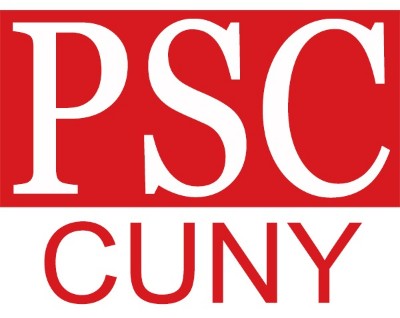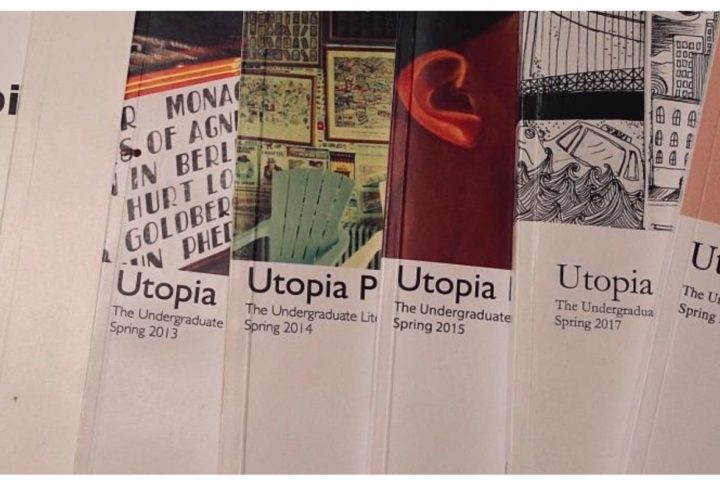Within the CUNY system, professors do not always get what they give, but annually, critical decisions are made at Queens College’s college-wide Tenure and Promotion meeting, which took place between Nov. 5 and Nov. 9.
Instead of receiving merit pay — compensation designed to reward professors based on their professional performance and encourage teachers to excel in their teaching habits — CUNY staff receive “step increases” in their salary, designed to keep pace with the cost of living.
The Professional Staff Congress, CUNY’s staff union that has — according to the PSC — more than 25,000 members, has been and intends to continue to stand in opposition of merit pay.
“Departments and students benefit from faculty working together toward common goals as scholars and teachers,” Jonathan Buchsbaum, chapter chair of the QC PSC, said. “Merit pay undermines the collegiality that strengthens departments, fomenting dissension, resentment and dissatisfaction.”
Schools, he added, already have merit based pay-promotion. Promotion however, Buchsbaum says, has fairness and consistency, which the traditional format of merit pay lacks.
Measuring a teacher’s value is difficult, if not quantifiably impossible as no clear definition of what constitutes a good professor exists. In terms of promotion, value is based on teaching, scholarship and service, as judged by the faculty of that professor’s department.
With merit pay however, value is often measured by factors outside of the professors’ control, which affect student performance. Mixed with likely bias and favoritism playing a role in staff evaluations for potential merit pay, the practice has some clear detractors.
“As we’ve seen with the attacks on teachers unions, merit pay becomes a way to deny educators the legitimate compensation that they are due. After all, how do you measure merit?” senior, Nick Azona asked.
In 2008, the PSC — which constitutes 65 percent of CUNY Faculty — under Barbra Bowen’s leadership, beat back CUNY central’s desire to institute merit pay and as recently as September of this year, stood with the Chicago Teacher’s Union in their opposition to merit pay based salary.
Not everyone feels the same way. The Newark, NJ teachers’ union, who had been opposed to merit pay, agreed to performance-based bonuses to increase accountability, on Nov. 14.
Temimah Zucker, senior, believes merit pay would be a good practice if a well-formed evaluation method was used.
“In my experience, there have been some professors who clearly did not have a handle on the class; though they knew the information well, they were not fit to teach. The professors whom I felt excelled as educators should be merited,” Zucker said.
Provost James Stellar also favors merit pay because he says it puts the reward where it is deserved.
“I lived with and loved a merit pay system for 25 years at my former institution where I was dean for 10,” Stellar said.
Performance-based pay could result in higher pay grades for newly hired staff or staff contracted at the adjunct level. It can also be used as incentive for tenured professors to continue working as they did, to receive tenure.
Still, both union members and students oppose it for a number of reasons. Media studies professor, Roopali Mukhrjee explained that replacing salary steps with merit pay would make cost-of-living and salary increases discretionary upon the University and that CUNY would reserve the right to determine the criteria for performance, without needing to consult with faculty.
“Moving from salary steps to merit pay would facilitate a number of unhealthy workplace practices — brown-nosing, docility, being ‘in’ with Kiely Tower; these would emerge as best practices for faculty,” Mukhrjee said, referring to the administrative offices inside Kiely.
Merit pay continues to be a mixed bag and contentious issue at CUNY.
“At a time when college professors are paid not by how well they teach but by how well they research — which means spending less time focusing on students — the idea of merit pay sounds like the transition we need to become an institution that rewards those who spend more time working with students,” junior and merit pay supporter, Patryk Perkowski said. “But there are just too many issues that would need to be worked out.”













